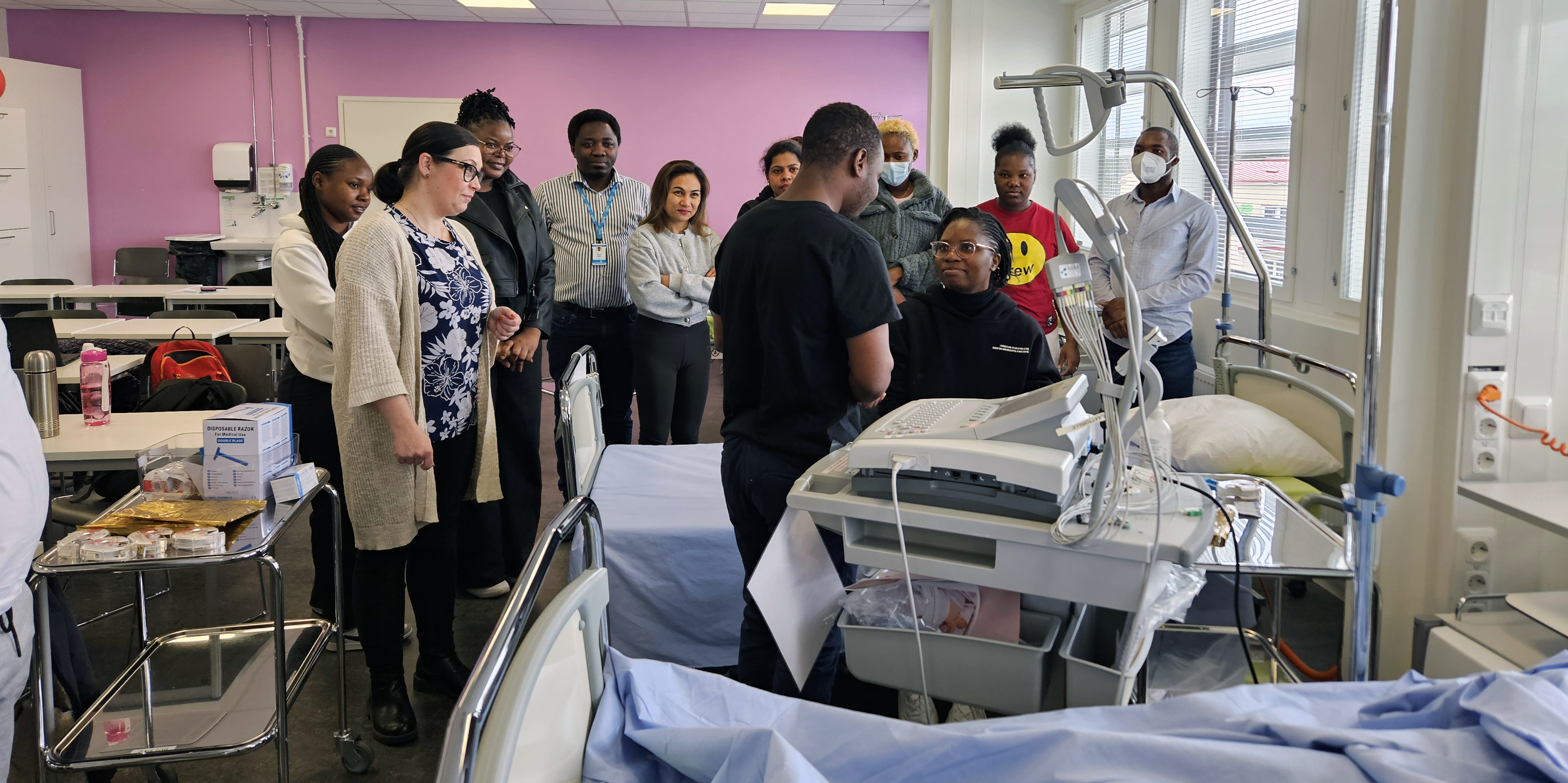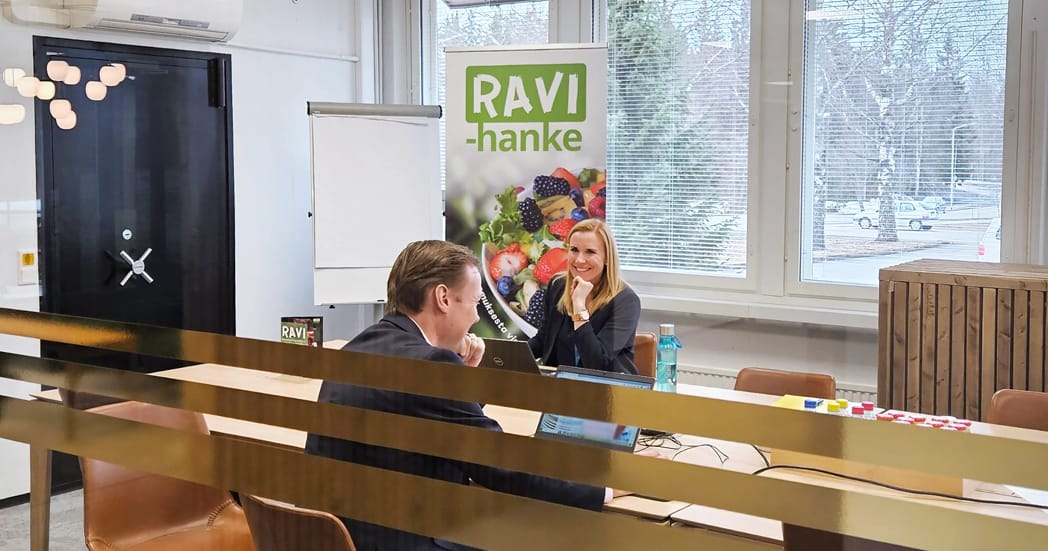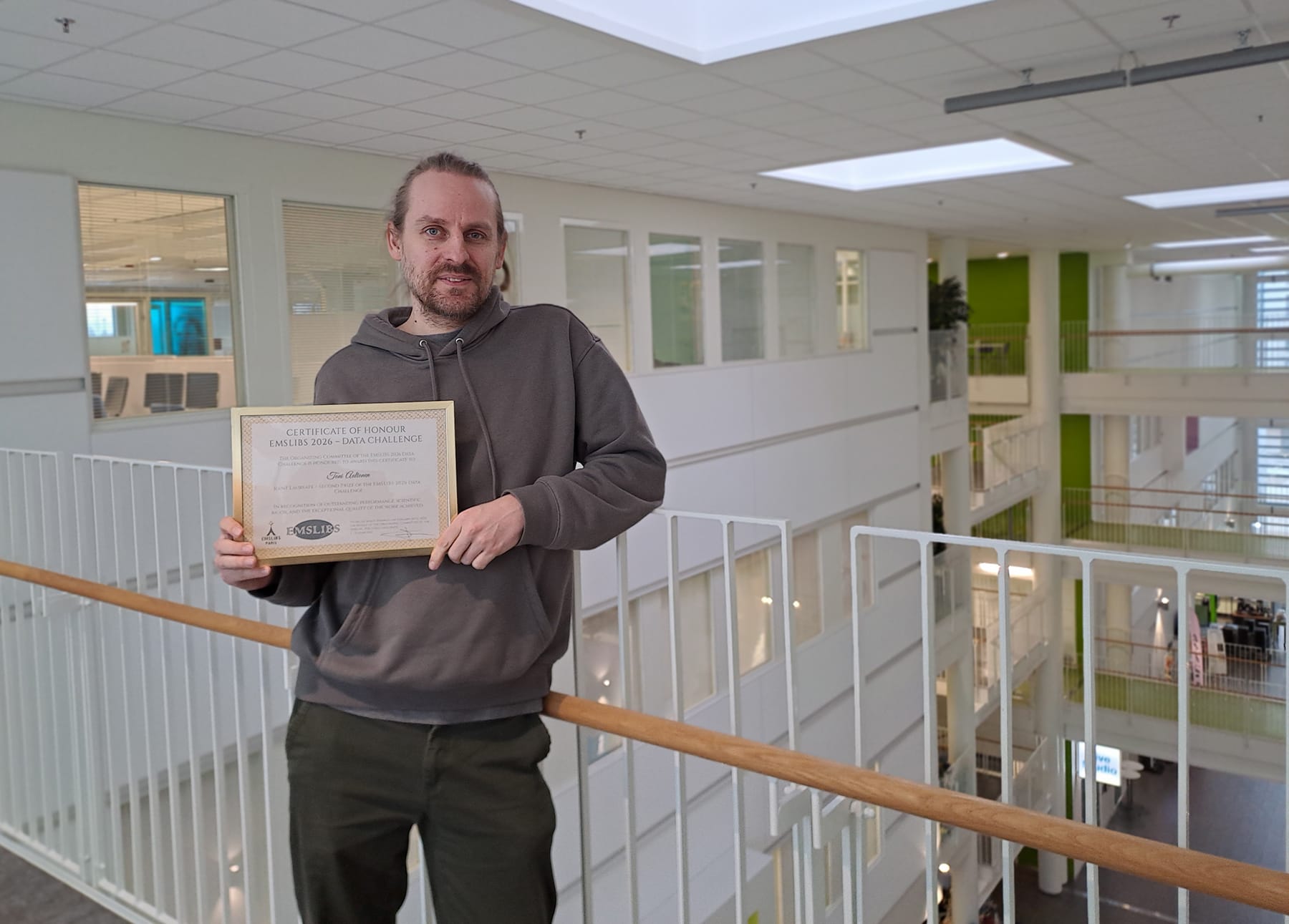The goal is to streamline the process for obtaining the right to practice the profession of registered nurse in Finland. At SAMK, the projects are led by Senior Lecturer in Nursing, Maarit Harjanne, with contributions from Senior Lecturer in Nursing, Amos Mulu, and Senior Lecturer in Communication and Finnish Language, Marja Tomberg.
In the SAILA 1 and SAILA 2 projects, the universities of applied sciences are jointly designing and developing a common operating model for the professional legalisation process, including a competence examination system.
– Each university of applied sciences provides training and clinical placements for its group of students. They gather experiences from each implementation and finally create a national model, says Mulu.
The aim is for the applicants for professional rights to learn what nursing in Finland involves and complete their competencies to align with the qualifications of nurses trained in Finland. At the end of their studies, they apply to Valvira for a final legalisation decision.
– The applicants are already nursing professionals — they have knowledge, experience and skills from their home countries, Mulu adds.
Challenging but essential: The Finnish language
SAMK currently has ten applicants for professional rights who have personal study plans tailored to them. One of them is Gertrude Kamamba, originally from Zambia. She now lives in Rauma and works as a practical nurse in a nursing home.
– Even when I lived in Zambia, I always loved the idea of being a nurse – medicine and helping people. It makes me feel like I’m truly myself, she says, explaining her motivation for entering the field.
Nursing practices in an applicant’s home country may differ significantly from those in Finland. Achieving the necessary proficiency in Finnish language skills may also be a challenge during training. The project addresses this issue by focusing on language development alongside familiarisation with Finnish professional practices.
The language of instruction is Finnish. Kamamba admits that Finnish is a challenging language, but says that she has also received a lot of help with it at work.
– At my workplace, I am encouraged to learn Finnish. If I don’t know something or am unsure about things that are different between my home country and Finland, I can always get help. I ask a lot of questions and want to learn more about how things are done here. This training has really supported me — not only in developing my professional skills, but also in improving my Finnish.
Kamamba says that nursing differs greatly between Finland and Zambia.
– Perhaps the main difference is that the reporting system here relies heavily on the use of computers. When you report, almost everything has to be written on a computer. In my country, on the other hand, much of it is done by hand. There are also a lot of differences in the kind of care nurses are responsible for.
A unified legalisation process as the main goal
The structure of the training includes study and career guidance, the Finnish language, the service system of social and health care, clinical nursing, medication management and clinical practice.
– Teaching includes face-to-face and online teaching as well as independent work. English is used as a support language when needed. The methods include a variety of simulation and case studies, skills workshops, lectures, group work and learning assignments, says Tomberg.
The senior lecturers feel that it is important to establish a unified model for the legalisation process in Finland.
– It has been clear during the training how important it is to talk about differences between countries and to learn the Finnish system. Language-aware practices and cooperation between the teachers of professional studies and those of Finnish language are crucial – both for developing Finnish language skills and for learning professional Finnish, says Harjanne.
Kamamba praises the practical arrangements for the training.
– So far, everything has been excellent. I have no complaints. Schedules are always given in advance so that we can plan our time and other things. Everything has gone really smoothly and I wouldn’t change a thing, she says.
INFO:
SAMK and 19 other universities of applied sciences are involved in the SAILA 1 and SAILA 2 projects, which are funded by the Ministry of Education and Culture (OKM) and the Service Centre for Continuing Learning and Employment (JOTPA) and will run until the end of 2025.
The projects develop national operating models for guidance, competency assessment and skill enhancement, and cooperation with working life targeted at individuals living in Finland who have completed their nursing degrees outside the EU/EEA and are seeking the right to practice as registered nurses in Finland.
* As part of the licensing process, Valvira — the Finnish National Supervisory Authority for Welfare and Health — reviews each applicant’s documents and issues a statement regarding any required supplementary studies.




